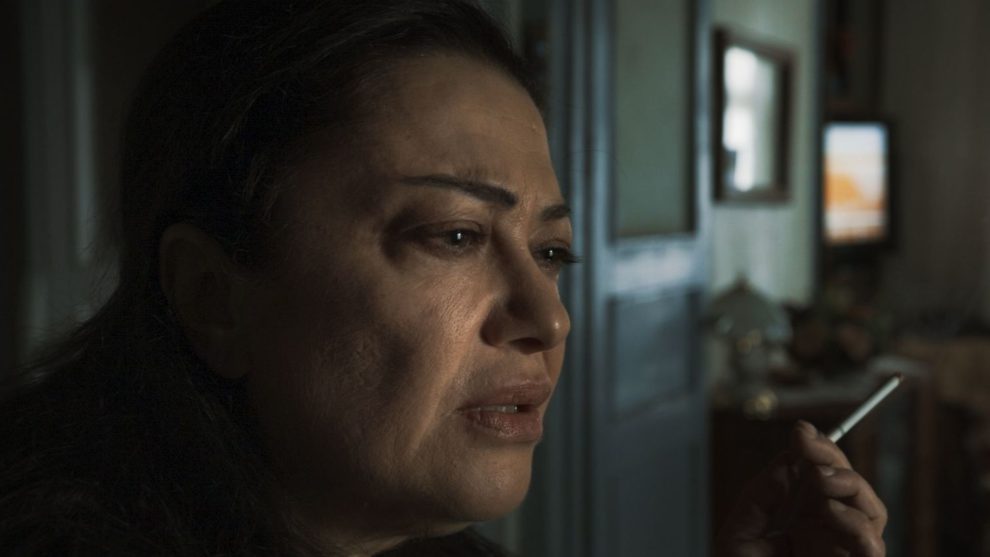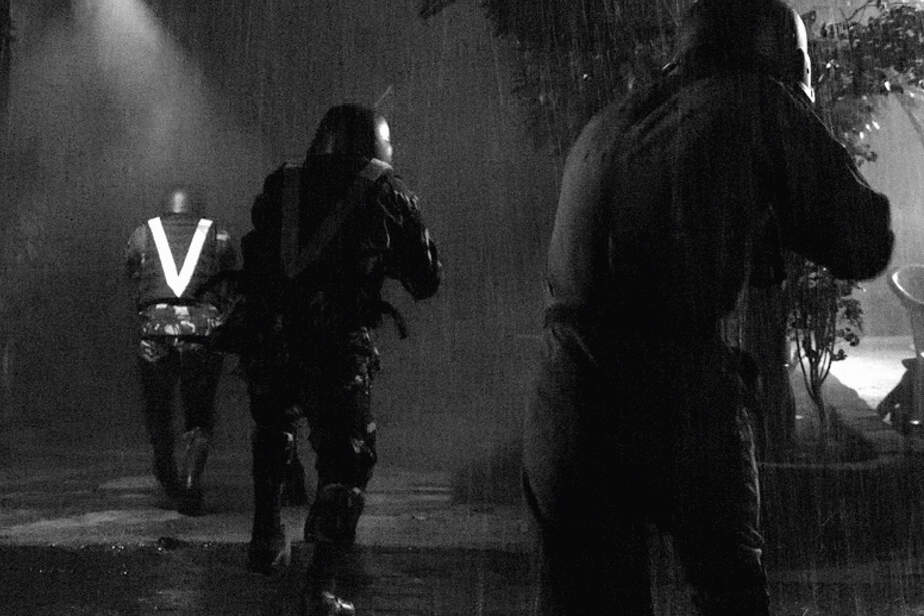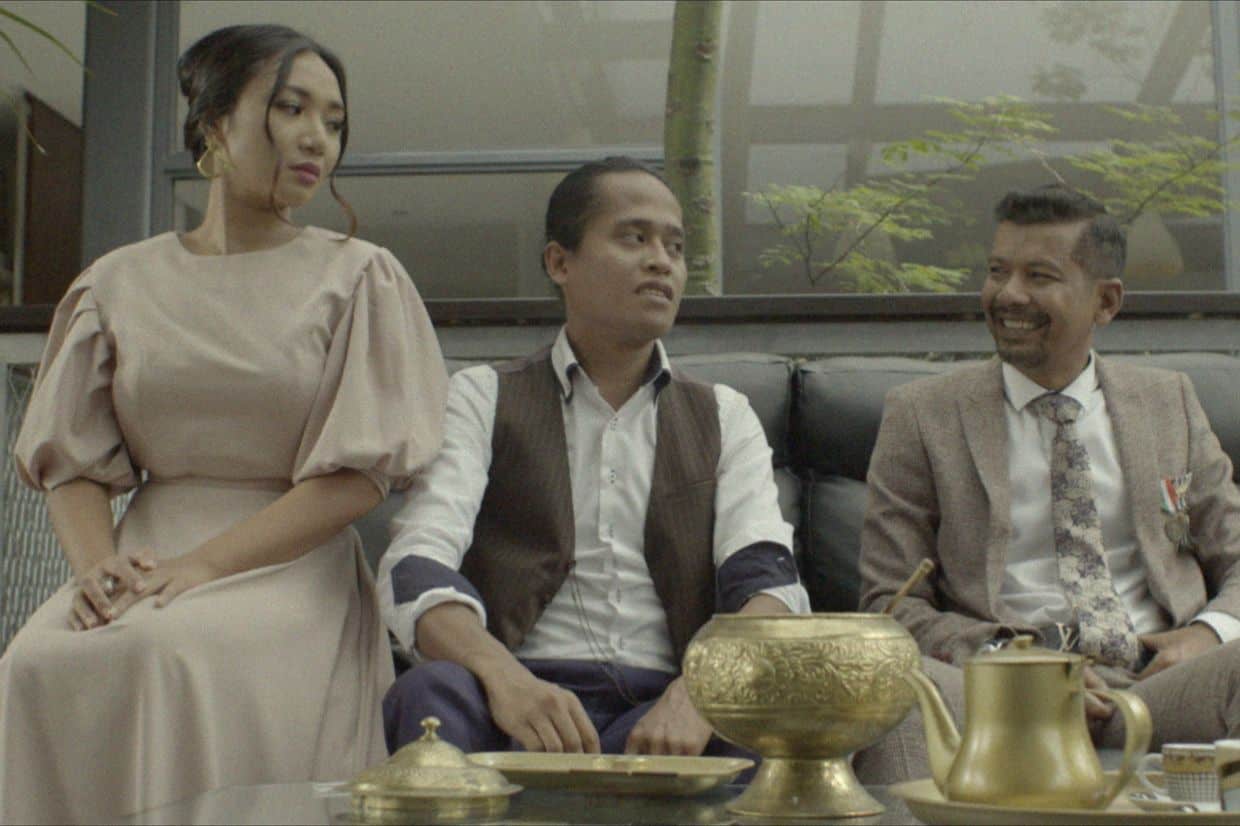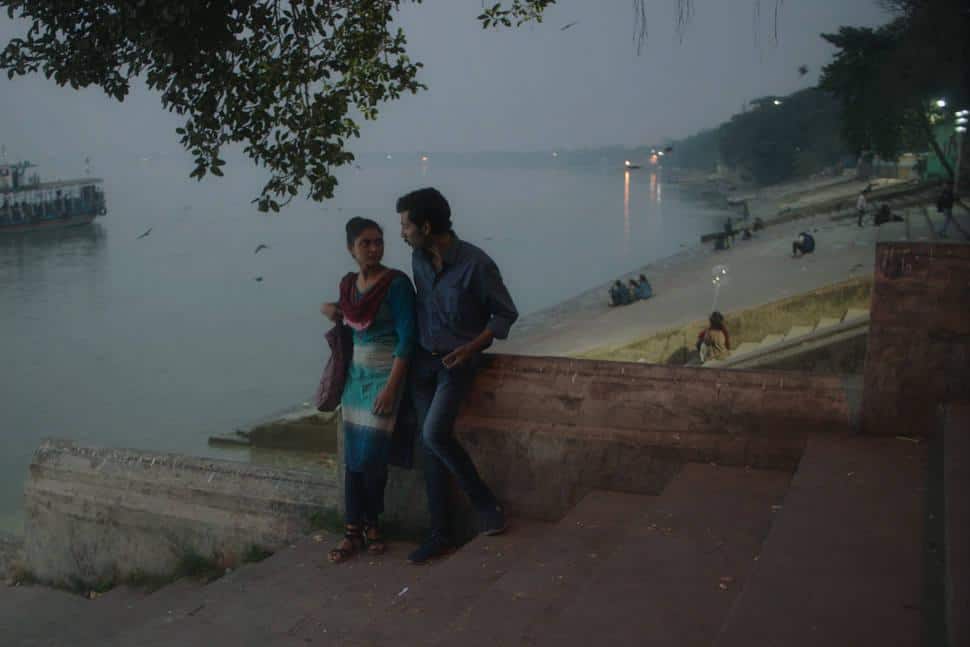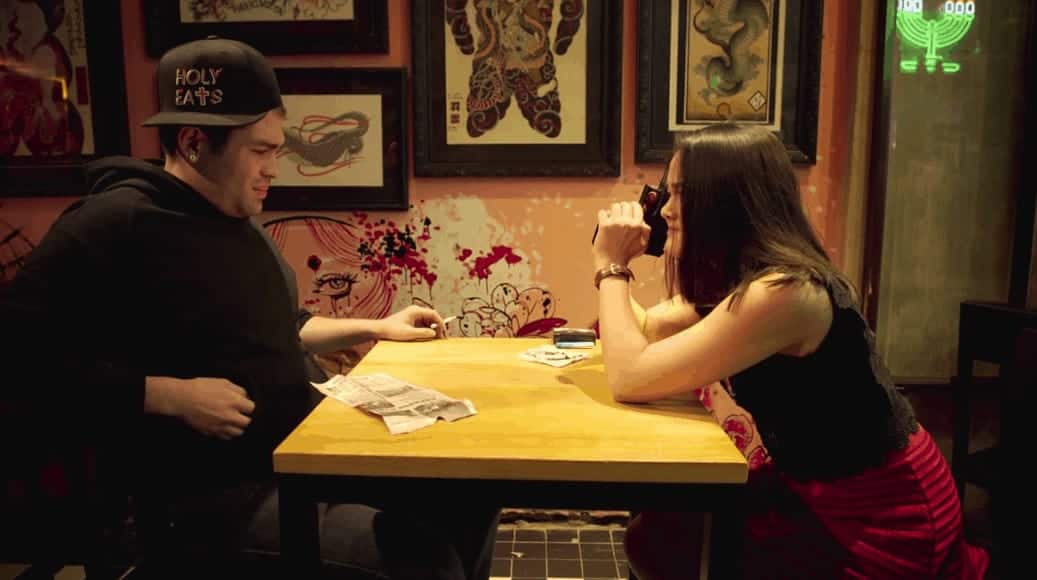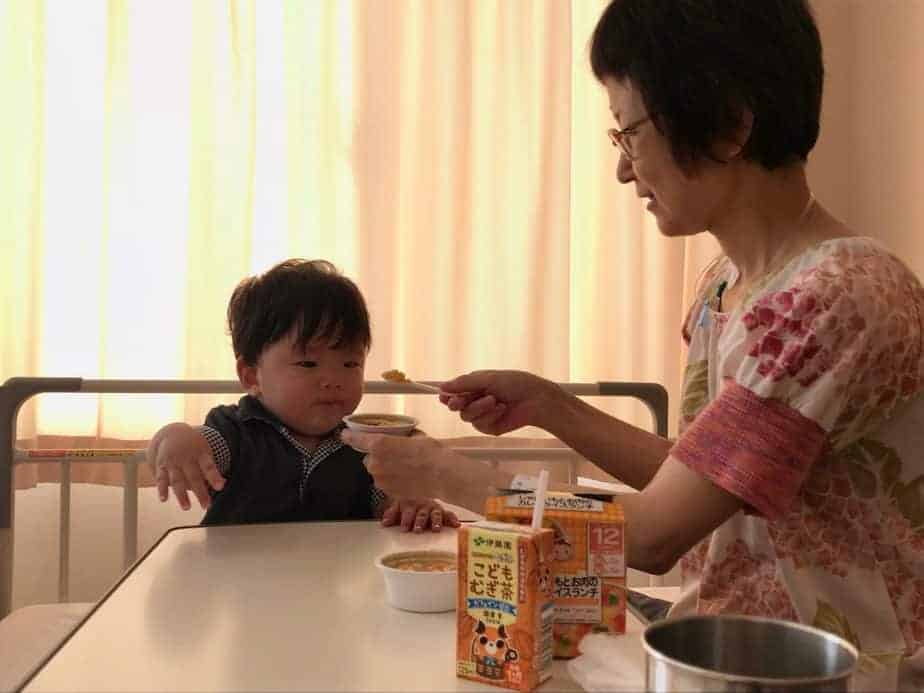At this year's edition of PÖFF, a new competition titled “Critics' Picks” was introduced with all thirteen films celebrating either world- or international premieres here in Tallinn. Only three Asian films compete for the award: Jun Robles Lana's two-men drama “About Us But Not About Us”, a pretty humorless Iranian comedy “A Childless Vilage” directed by Raza Jamali, and Cigdem Sezgin's sophomore feature – drama “Suna”, about a woman left with barely any options to live her life the way she would want to. Back in 2016, Sezgin's debut “Wedding Dance” was in the First Feature competition of PÖFF.

Suna (Nurcan Eren) is in her early 50's, left without assets and living, more or less, the life of a nomad who moves from house to house of diverse relatives. When they get tired of the situation, she simply gets introduced to a significantly older man (Tarık Papuccuoglu), a widower who immediately proposes to her. It is not just a change in the marital status that will makes Suna more melancholic that she already is, it is also a brutal change in setting. The life of a housewife in a godforsaken village is as attractive as sharing the house with a man who never utters a ‘please' or a ‘thank you', and who has to be pampered like a toddler.
Cigdem Sezgin's script is strong in the depiction of a conservative, claustophobic environment that keeps a woman indoors as a housewife and obedient servant. The simple life in a typical Turkish village where women stay at home while men earn money is painted in simple, observant pictures of mundane activities and dead, muddy streets. Even if the architecture might look impressive for its generous porches and open spaces lit with fire, the village is quiet, ‘homey', and made for people completely different in nature and spirit from Sana – a modern woman who had a small acting career in Germany.
This place which is a prison for Suna, is a place for inspiration for another outsider, a film critic (Firat Tanis) from Istanbul who rents a house in the village for a couple of months to write in peace and quiet. The film itself is dedicated to the late Turkish critic Cüneyt Cebenoyan who passed away in 2019, and Tanis' role was probably partially inspired by him.
The outcasts bond through conversations about films, but also through money Suna can ‘lend' to buy a secret stash of booze. Although there is something cooking in the emotional department, the love story is cut in its roots through her traumatic experience that stays her own personal secret until the end. Eren's performance is very strong, and it is built on physicality. Playing the introverted, emotionally (and literally) broken person, she is stingy with words, but her face will express the precise sentiment at any given moment. The music is almost completely absent from the film, except in one single scene in which Suna's brother plays a traditional music instrument in attempt to lift the spirit at the dining table. His short appearances also serve to understand how it came to Suna's loveless marriage, and to grasp the manipulative force of praising the culprit to eliminate the possibility of being blamed for someone's misery.
The story is swathed in the sinister colours of the road dirt, an almost monochrome grey-brown unfriendliness of Suna's new village life. If there is an occasional splash of colour, it's created to breathe in a small dose of optimism at moments when we can almost sense the release of pressure. But this is just a trickery which makes it easier to cope with the darkness of a woman's psychological abuse, and her slow self-destruction.
But the ending compensates for all the misery. It will make those undeservant of love unhappy, but everyone else, including the audience, satisfied.


